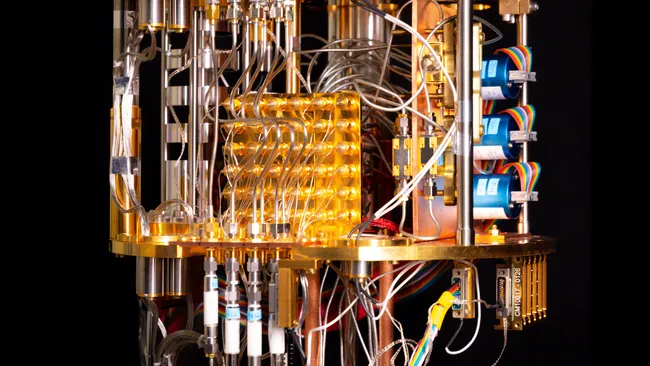Quantum Leap Forward: Error-Correcting Qubits Revolutionize Quantum Computing

In a groundbreaking development, scientists at startup Nord Quantique have designed a physical qubit that functions as an error-correcting "logical qubit," suggesting that the creation of a practical quantum computer could be achieved using merely a few hundred qubits, rather than the millions previously thought necessary.
This breakthrough has the potential to significantly accelerate the realization of quantum computing's potential, bringing us closer to a quantum advantage – where quantum computers outperform classical computers – and eventually quantum supremacy, where they surpass even the most powerful supercomputers.
Unlike classical bits, which store data as either 1 or 0, qubits utilize the principles of quantum mechanics to encode information as a superposition of both 1 and 0 simultaneously. This unique property allows multiple qubits to be entangled, enabling parallel processing of calculations that far exceeds the capabilities of classical computers.
However, qubits are highly susceptible to "noise" – external factors such as changes in temperature – that lead to high error rates. To mitigate this, they are often cooled to near absolute zero, but even then, they can still suffer decoherence and fail during calculations.
The novel approach developed by Nord Quantique addresses this challenge by creating an individual error-correcting physical qubit that could drastically reduce the number of qubits required to achieve quantum advantage. This innovative design has the potential to pave the way for a quantum computer that is both more powerful and more efficient than current models, potentially revolutionizing the field of computing.
This quantum leap forward in technology could have far-reaching implications for various industries, from medicine and finance to logistics and cybersecurity. As we continue to explore the potential of quantum computing, breakthroughs like this will be essential in unlocking the full power of this transformative technology.